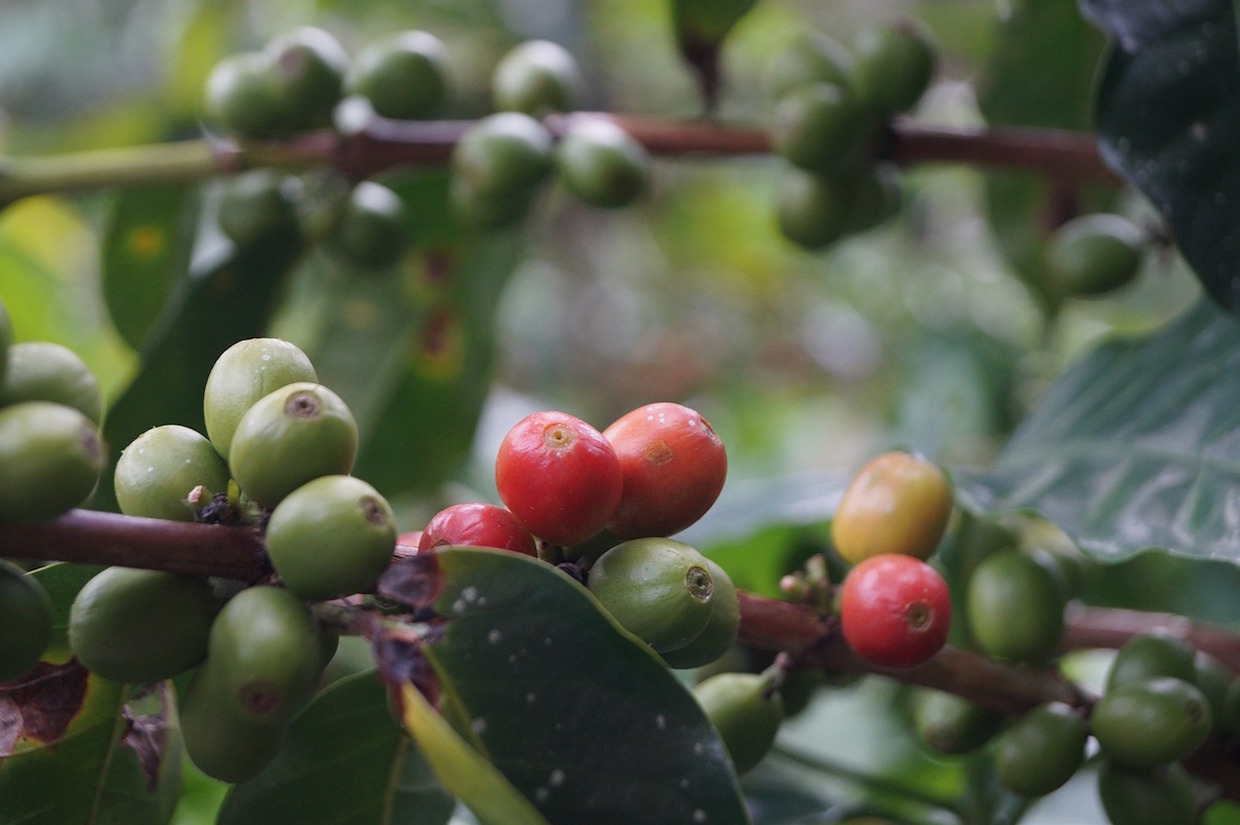Fairtrade Africa has launched phase three of a €1.1 million (USD$1.28 million) project designed to improve smallholder coffee farmers’ resilience to climate change.
The first two phases of the Climate Academy Project, which is funded by the Dutch Postcode Lottery, are already being implemented in Kericho and Nandi counties in Kenya, while the Ethiopian phase will involve six primary producer groups from the Oromia Coffee Farmers’ Cooperative Union (OCFCU), which is the largest Fairtrade coffee producer group in Ethiopia.
While Fairtrade’s model involves a minimum price for producers meeting the certification standards — which promote organizational development and sustainability — the group said more support is needed in order for coffee farmers to deal with the multifaceted effects of climate change, according to an announcement from Fairtrade Africa this week.
A 2017 report from the Royal Botanic Gardens at Kew in the UK and Ethiopian scientists concluded that with a marginal increase in climate over the course of this century, as much as 59 percent of Ethiopia’s current coffeelands could become unsuitable for arabica growth. At the time, the group said a “business as usual approach” to coffee production in Ethiopia could spell disaster to the sector.
Ethiopia is the genetic birthplace of coffee, and the crop today remains vital to the Ethiopian economy and culture. According to Fairtrade Africa, the 2016-17 coffee production year generated more than $860 million in export revenue, and coffee remains the country’s most valuable export.
Being implemented by partners including Fairtrade International and Max Havelaar Foundation (Fairtrade Netherlands), the Climate Academy Project involves several main goals, including: providing institutional and management capacity to farmers, particularly smallholder farmers; improving resilience to climate change through sustainable land management practices; promoting switches to renewable energy; increasing opportunities for farmers to diversify and engage in other income-generating activities; and assisting in the development of a “Climate Academy Guide” to assist other producer organizations moving forward.
Nick Brown
Nick Brown is the editor of Daily Coffee News by Roast Magazine.







Comment